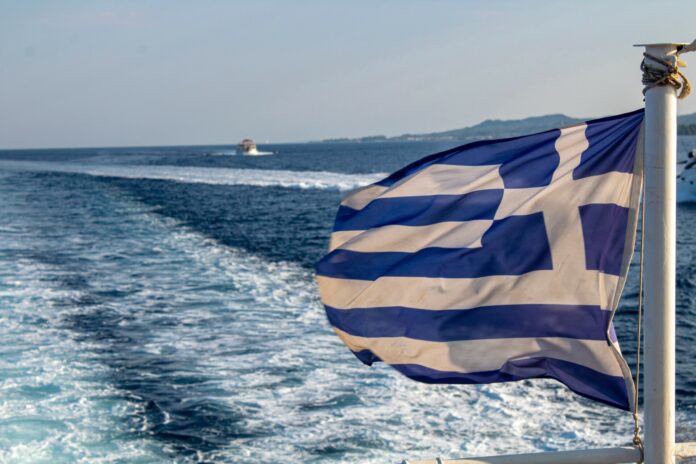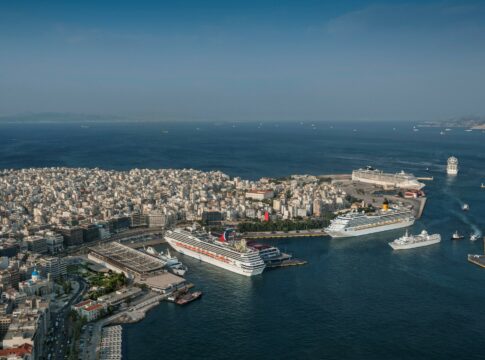The Greek-owned fleet is not only the largest in terms of carrying capacity in the world, but it is also the backbone of the European fleet, representing 60%.
And thanks to the Greek-owned fleet, Europe still maintains one of the very few strategic primacies it holds at a global level.
The data are revealing. According to the latest UNCTAD report, the Greek-owned fleet has a carrying capacity of 394.97 million dwt, representing 16.9% of the world’s carrying capacity. But in terms of commercial value, it also reaches 11.8% of the world’s fleet, again in first place.
The Chinese fleet is second with 309.8 million dwt, representing 13.3% of the world’s tonnage, while its commercial value is 11.6% of the world’s total.
Large decision-making centers
The dynamic of Greek shipping is also evident from a number of other elements.
Athens and Piraeus are the largest ship management centers in the world. Of the offices that Greek shipowners have in Greece, 592 companies, according to Petrofin, manage the 5,500 ships in their fleet.
At the same time, they also have a giant shipbuilding program underway, which ensures the leadership of Greek shipbuilding for the coming years.
According to the report by Xclusiv Shipbrokers, Greek shipowners have a shipbuilding program underway for 611 ships.
- 175 bulk carriers are being built, 13% of the total order book.
- a total of 299 tankers have been built, 27% are underway.
- orders for LNG carriers amount to 45 ships with a share of 13%.
- 51 LPG carriers under construction, representing 17% of total orders.
The strength of Greek shipping gives the European Union a strategic advantage, which is highlighted during global crises.
For example, when the sanctions against Russia were activated, it was the ships of Greek interests that ensured the transport of energy cargoes, mainly to Northern Europe.
However, many believe that officials in Brussels are not very fond of Greek shipping. Perhaps it is time to change their policy… so as not third parties gain the control of our seas.














